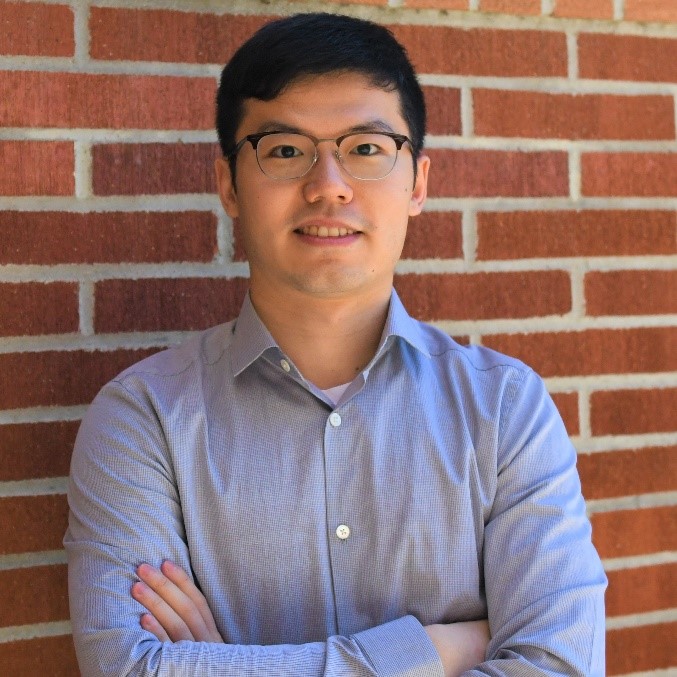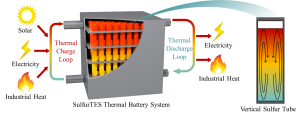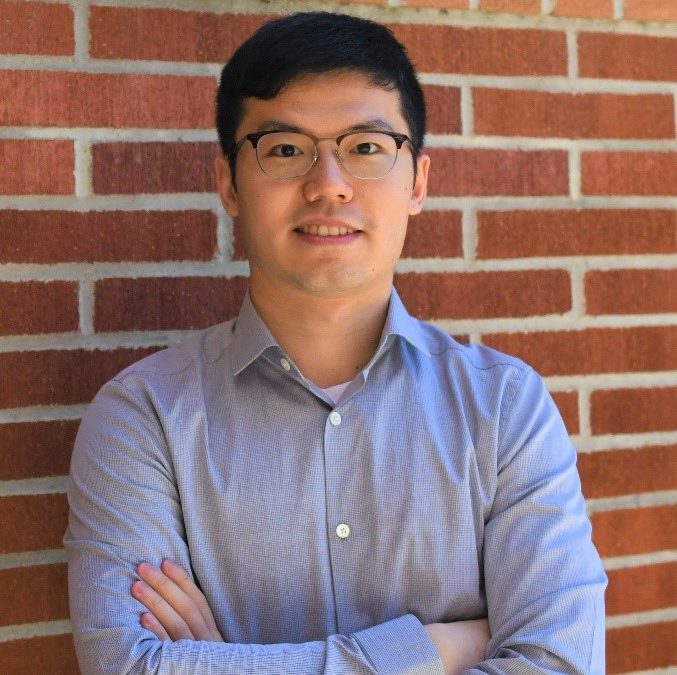
Abstract: Thermal energy storage (TES) is crucial for the future of large-scale (GWh) energy use and supply. Sulfur as a storage medium provides exceptional TES system cost and performance due to several characteristics, including: low cost, high availability, excellent thermal stability up to 1200 oC, high heat transfer rates, and impressive material compatibility when compared to existing and competing options. We have successfully demonstrated multiple sulfur-based TES (SulfurTES) systems wherein the heat transfer behavior of the sulfur in isochoric containers plays a critical role in system thermal performance.
This talk discusses recent investigations of sulfur’s thermofluidic behavior during charge and discharge for a several system configurations. The first study compares experiments and computational analyses performed at UCLA of sulfur inside vertically-oriented steel tubes undergoing 25 to 600 oC charge and discharge. The study developed and validated the Nusselt number correlations to show that low aspect ratio (length/diameter < 7) tubes, when uniformly heated, provide heat transfer performance superior to horizontal tubes. In comparison to uniform-heating, top-heated tubes exhibit thermal stratification of the sulfur, which leads to superior exergetic performance. On the other hand, bottom-heating causes rapid mixing between hot and cold sulfur, resulting in high charge rates. With the developed correlations, two simple analytical procedures allow estimation of the energy and exergy performance of sulfur in tubes of different sizes under top-heated and bottom-heated charge conditions, respectively.
The talk will conclude with a brief discussion of thermofluidic characterization of sulfur in a “bath” configuration. Validated computational models allow characterization of the system design parameters on the sulfur heat transfer behavior. Nusselt number correlations based on Rayleigh number and tube pitch ratio have been proposed and utilized for the system parametric design. All the results shown in this talk provide important quantitative and qualitative design bases for SulfurTES systems.
Bio: Kaiyuan Jin is a Ph.D. candidate in the UCLA MAE Department. He is part of the UCLA Energy Innovation Laboratory and works with Prof. Richard Wirz. He received his B.S. degrees from Tsinghua University in 2015. His doctoral research project has been funded by DOE ARPA-E, California Energy Commission (CEC), Southern California Gas Company, and the UCLA MAE Department Fellowship.

For more information, please contact Professor Richard E. Wirz at wirz@ucla.edu.
All faculty, researchers, students, and guests are welcome to this event.
Date/Time:
Date(s) - Jun 11, 2019
10:00 am - 11:00 am
Location:
38-138 Engineering IV
420 Westwood Plaza Los Angeles CA 90095

